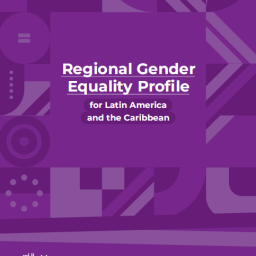Current UN reform efforts aim to strengthen coordination among agencies, funds, offices and programmes to better address complex global challenges and deliver more coherent and effective assistance to countries. These efforts require sustained commitment from Member States, UN agencies and other stakeholders to ensure that the UN remains responsive and relevant in an evolving global landscape.
As part of the commitment to streamline UN operations by improving collaboration among UN agencies, reducing duplication of efforts and increasing the impact of aid at the country level, the Regional Collaborative Platform (RCP) provides a framework for improving the coordination and coherence of operational activities of the UN system. It builds on previous reform efforts and seeks to address new challenges and opportunities in the delivery of development assistance. Its working mechanisms include the substantive Coordination Mechanisms, most notably the Coalitions and Thematic Working Groups. Among these, under the leadership of UN Women and the Pan American Health Organization (PAHO), is the Thematic Group on Gender Equality and the Empowerment of Women and Girls.
In this context, the Regional Gender Interagency Group (Regional GIG) for Latin America and the Caribbean, composed of agencies, funds and programmes (AFPs), has decided, as part of its work plan and in alignment with the strengthening of interagency coordination, to establish a set of priorities to address the complex challenges faced by women and girls. This collaborative effort aims to consolidate knowledge, resources and capacities to provide accurate, reliable and quality information to promote and contribute to the gender equality agenda in the framework of the Sustainable Development Goals (SDGs).
The launch of this Regional Gender Profile for Latin America and the Caribbean is therefore a milestone, resulting from the close coordination among 15 UN AFPs that make up the Regional GIG, demonstrating the collective commitment to address entrenched inequalities and promote gender equality.
